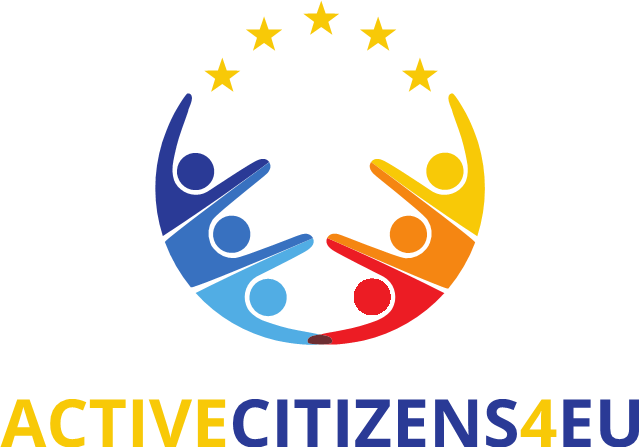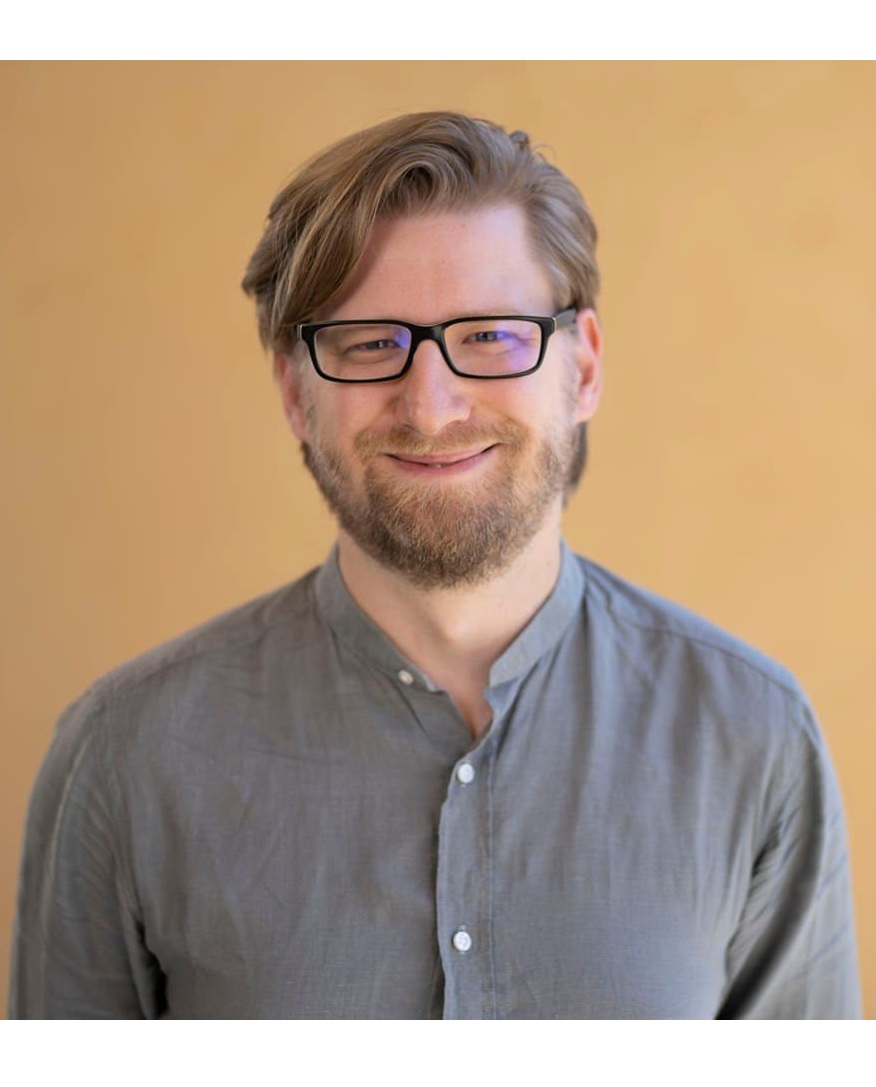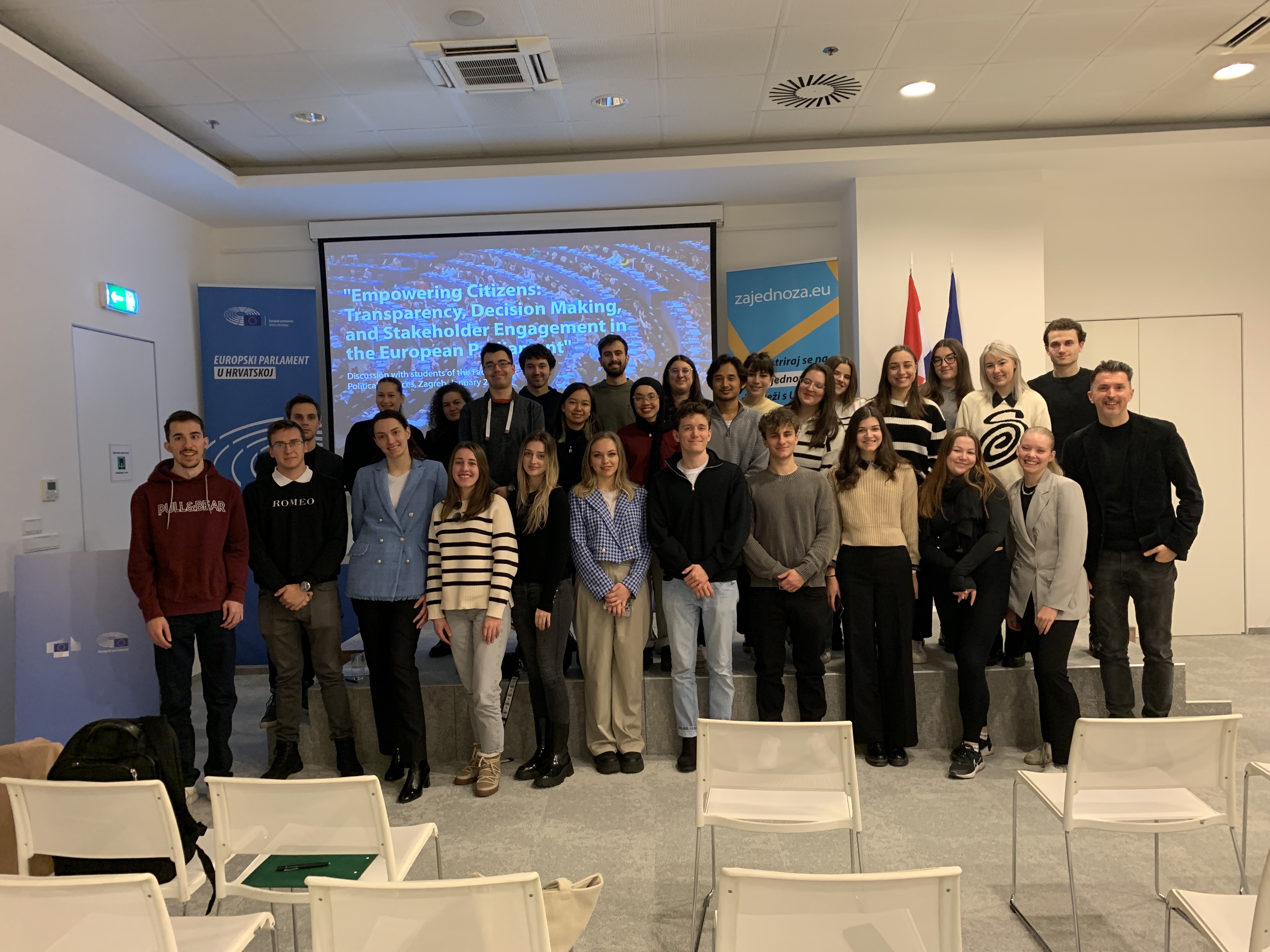
About the project
The project addresses the challenges of low awareness and involvement of Croatian citizens in European Citizen Initiatives and EC public consultations on draft EU policies, as well as the lack of academic research, teaching and public debates about those challenges. It aims to promote excellence in teaching and research on active European democratic citizenship and strengthen the understanding of how the EU works as a precondition for active citizen engagement in EU policymaking. Given the low trust of Croatian citizens in the EU institutions and trends of disinformation about the EU, the project aims to contribute to the societal resilience to democratic backsliding tendencies and growing threats to fundamental European values.
By combining innovative teaching methods, students’ community engagement, research, and multi-stakeholder public debates, the project will enhance the active European citizenship competencies among students of political science and journalism at the Faculty of Political Science of the University of Zagreb and encourage them to share their knowledge about the EU among Croatian citizens. Through conducting communication campaigns on European citizen initiatives and EC public consultations and through participating in a simulation of negotiations on selected EU legislative files, students will develop their critical thinking skills and learn how to actively engage in European democratic life. Various events on active citizen engagement in EU policymaking will be organized to mobilise the participation of representatives of the academic community, civil society, media, and business, as well as local, state and EU-level policymakers. Drawing on the empirical evidence gathered during the project, a series of research papers will be published and the findings widely disseminated. The project should provide an impetus to increasing the number of Croatian citizens participating in European citizen initiatives and EC public consultations. The duration of the project is from September 2023 until September 2026.
Key staff members from the Faculty

Jean Monnet Chair Holder
Igor Vidačak, PhD, Full Professor

Mario Munta, PhD, Associate Professor

Ana Matan, PhD, Associate Professor
You can access the project's Facebook page by clicking on the link.

 Pristupačnost
Pristupačnost